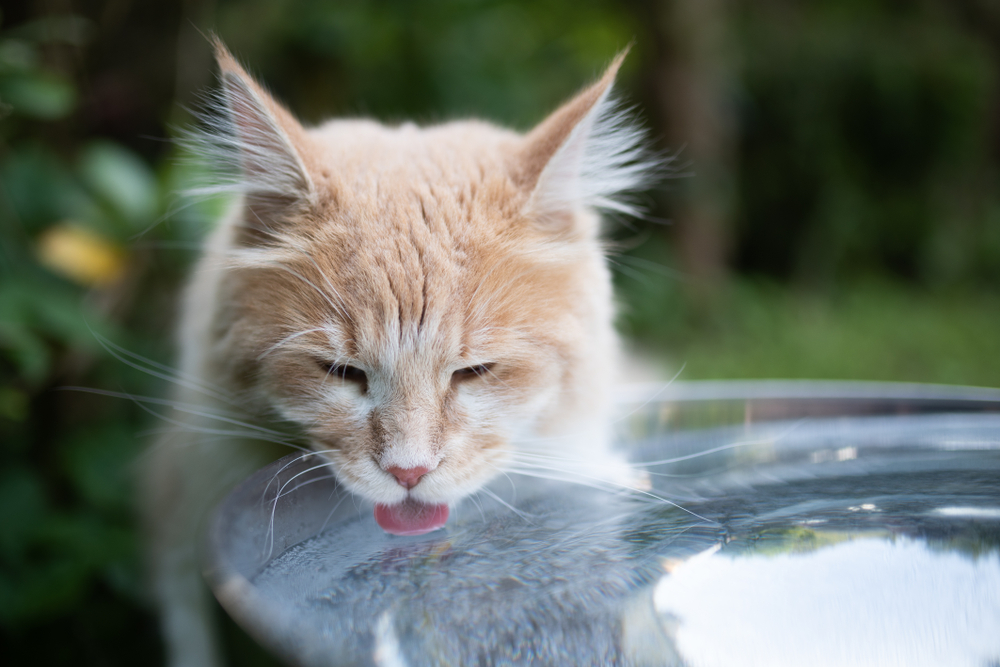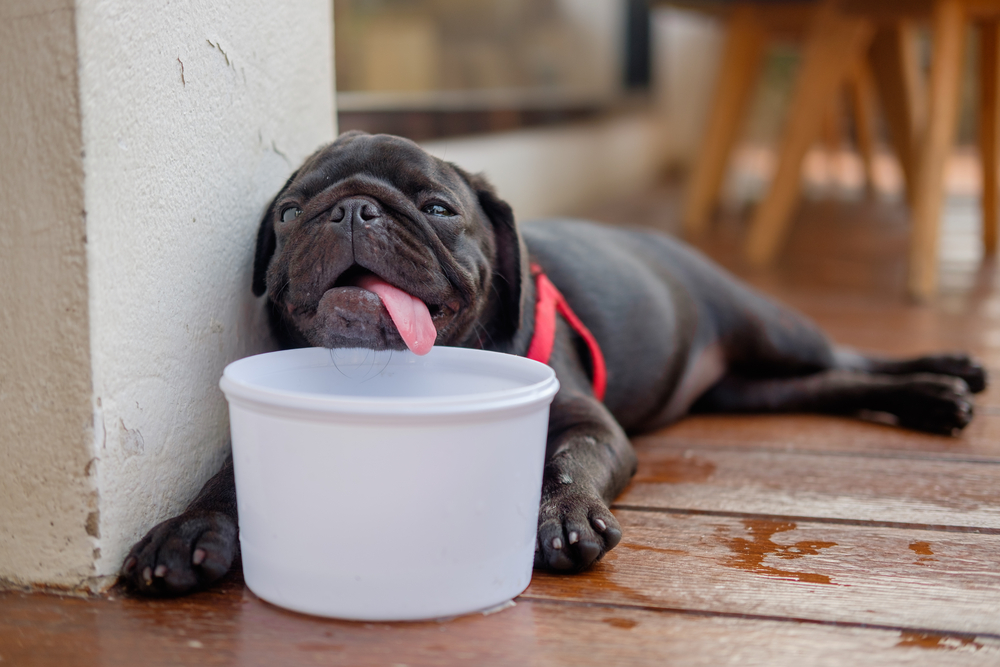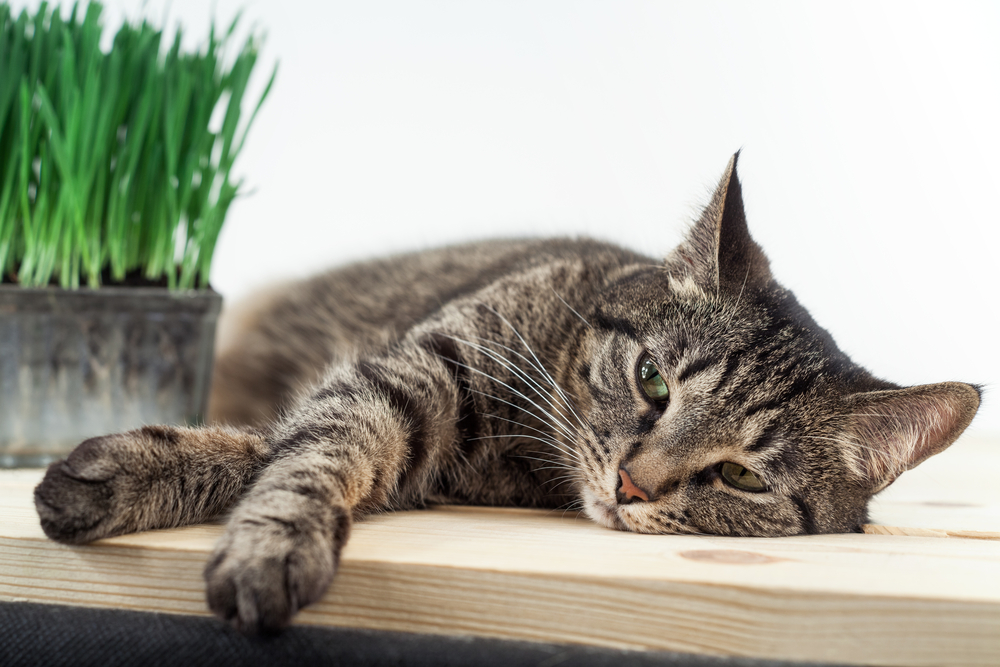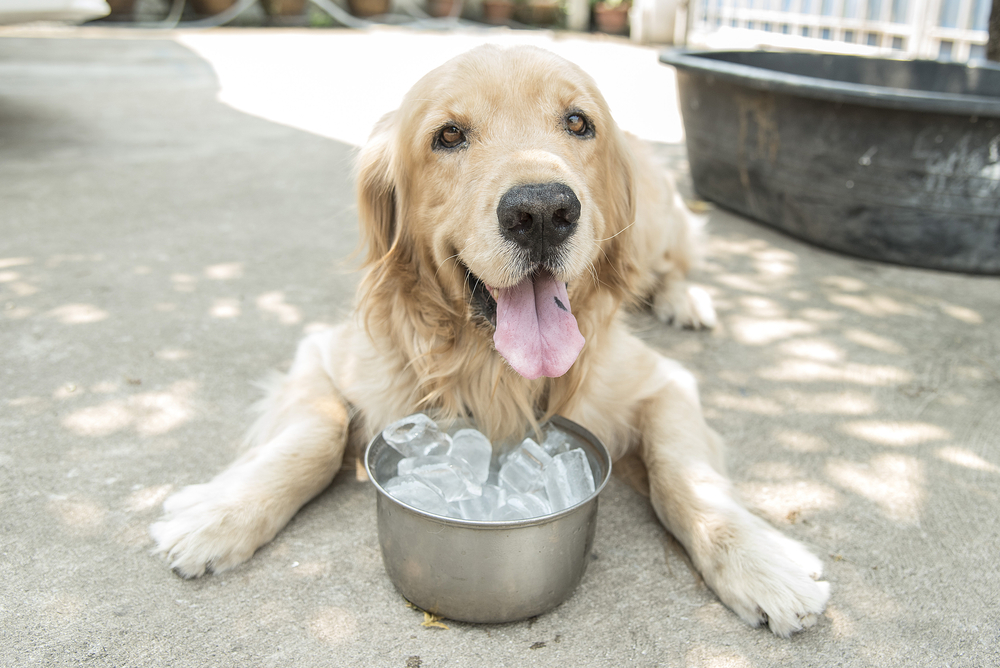Pet Dehydration: What Happens When Pets Get Too Little Water?
Although easily prevented and resolved, dehydration in pets can cause permanent organ damage and even be life-threatening if it goes unchecked. Dehydration is always a concern for pets and humans alike, but pets – especially those spending time outdoors or in a hot indoor environment – are at a higher risk of dehydrating during the warm, summer months.

How Do Cats and Dogs Get Dehydrated?

Pets become dehydrated for two reasons:
- Reduced Water Intake - Pets sometimes drink less water due to limited access or as a result of diseases that cause them to drink less (pancreatitis, parvo, or leptospirosis). Sometimes, pets stop drinking due to stress.
- Fluid Loss - Pets can lose excessive amounts of fluid due to heatstroke, vomiting, diarrhea, gastrointestinal disease, urinary tract conditions, endocrine disorders, kidney failure, and cancer.
Puppies, kittens, pregnant pets, senior pets, and pets suffering from the above-listed medical conditions are at an increased risk of dehydration.
What Happens When a Pet Is Dehydrated? Signs and Symptoms of Pet Dehydration
Water comprises about 80% of dogs’ and cats’ bodies, and it’s essential to all of their bodily functions such as circulation, electrolyte balance, digestion, metabolism, organ function, and waste removal. As a result, dehydrated pets experience a variety of issues such as reduced oxygen delivery throughout the body, lack of bowel movements, and more.
Signs and symptoms of pet dehydration include:
- Appetite loss
- Confusion
- Depression
- Dry Mouth
- Excessive panting
- Lack of coordination
- Lethargy
- Loss of skin elasticity
- Red, inflamed gums
- Respiratory trouble
- Seizure or collapse
- Sunken eyes
One simple way to determine if a pet is dehydrated is to pinch the loose skin between the shoulder blades. If the skin stays put or is slow to return to its normal position, then your pet is likely dehydrated.


What to Do If Your Pet Is Dehydrated
If your pet is dehydrated, provide them with cool drinking water and contact your emergency veterinarian right away. Dehydrated pets often require medical attention to replenish their fluids and restore the balance of electrolytes in their system. Depending on the severity of your pet’s dehydration, intravenous fluids might be necessary. Other pets, however, do well with a simple injection of fluids into a pocket beneath the skin.
Once the veterinarian has stabilized your pet’s condition, they might recommend additional diagnostic testing to rule out or identify any underlying medical conditions that might have contributed to dehydration. The veterinarian will then work with you to address those underlying concerns in order to prevent your pet from becoming dangerously dehydrated in the future.
 ACCOUNT LOGIN
ACCOUNT LOGIN ACCOUNT SIGN-UP
ACCOUNT SIGN-UP





 CLINIC LOGIN
CLINIC LOGIN